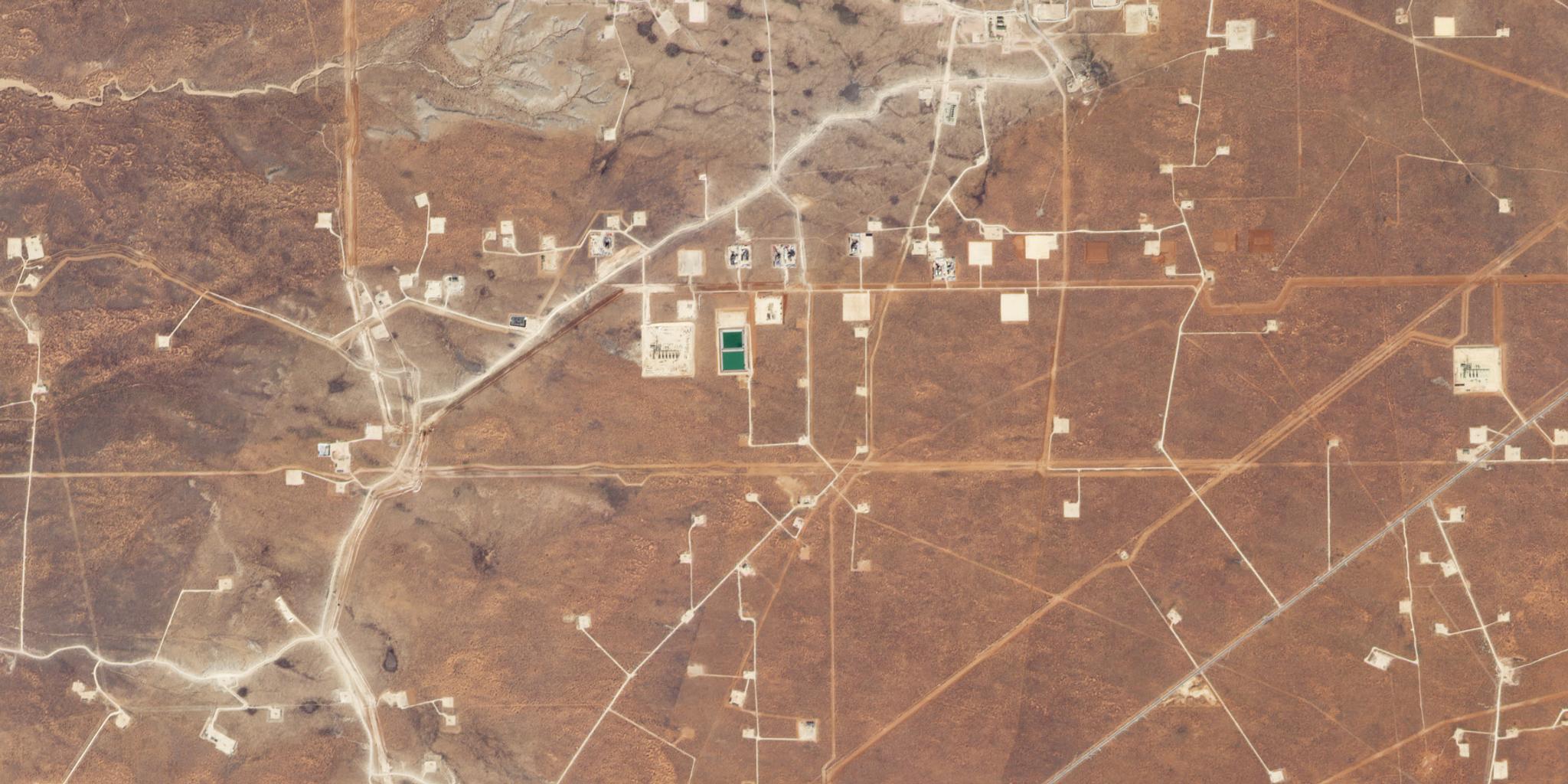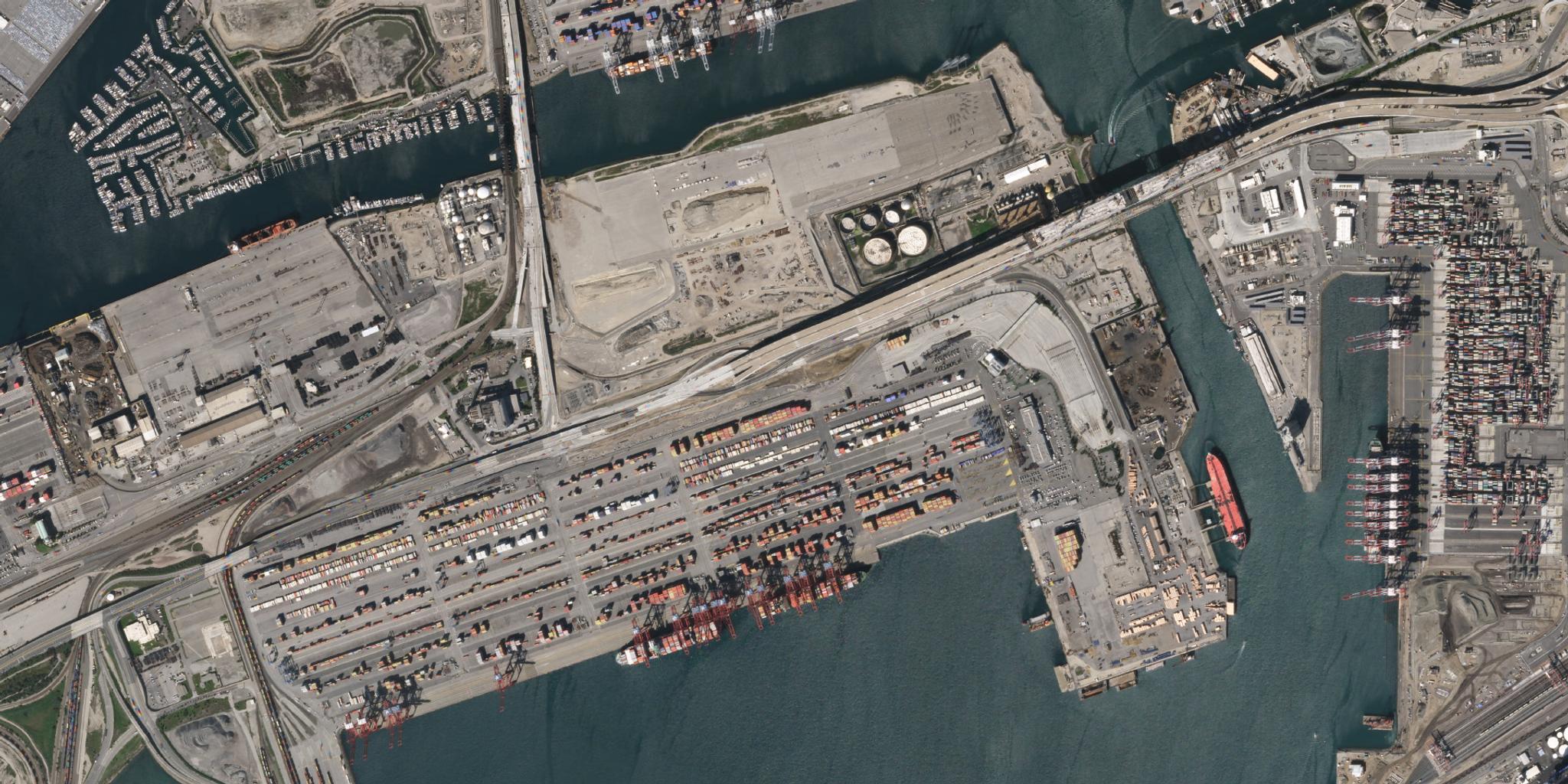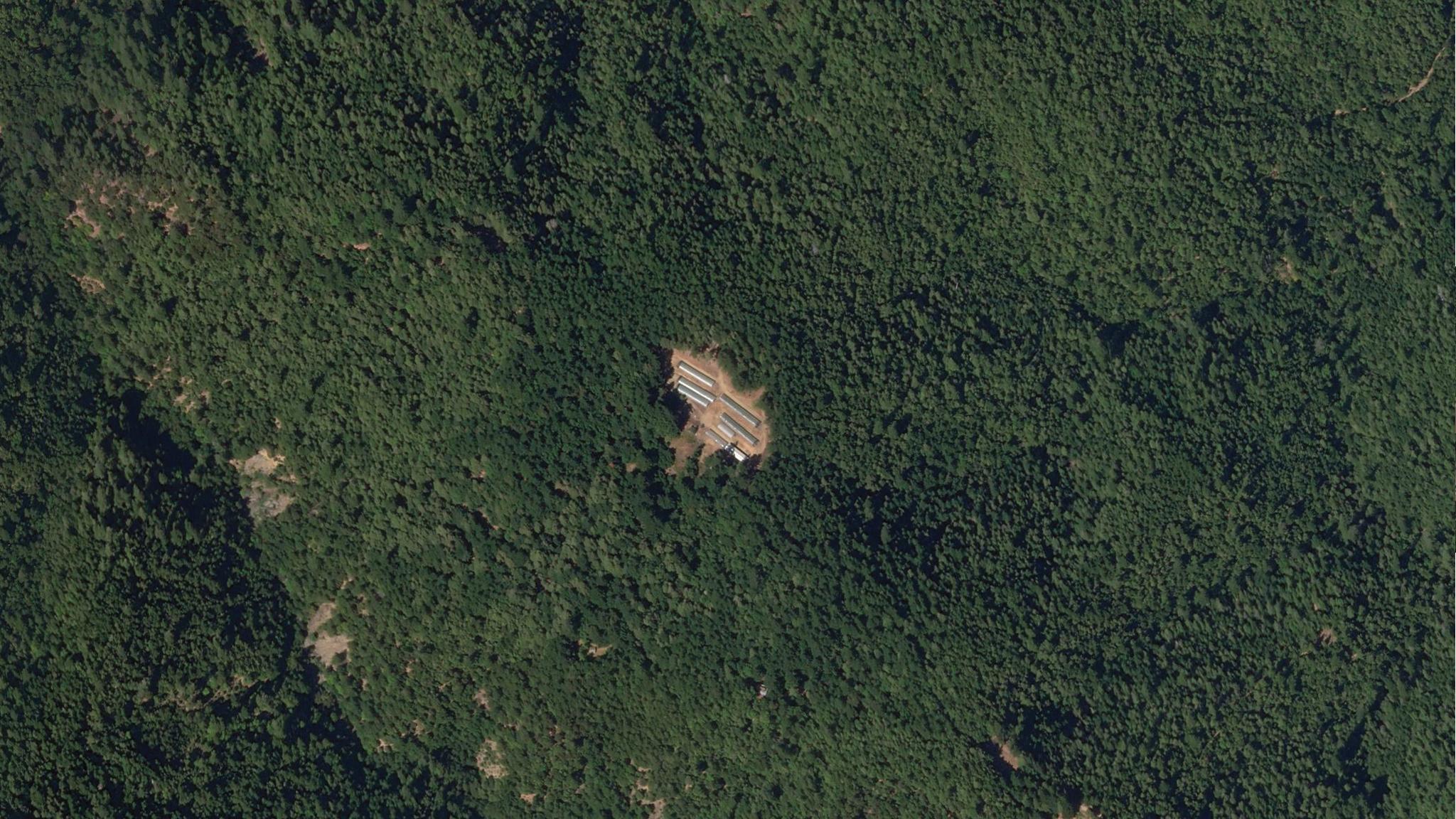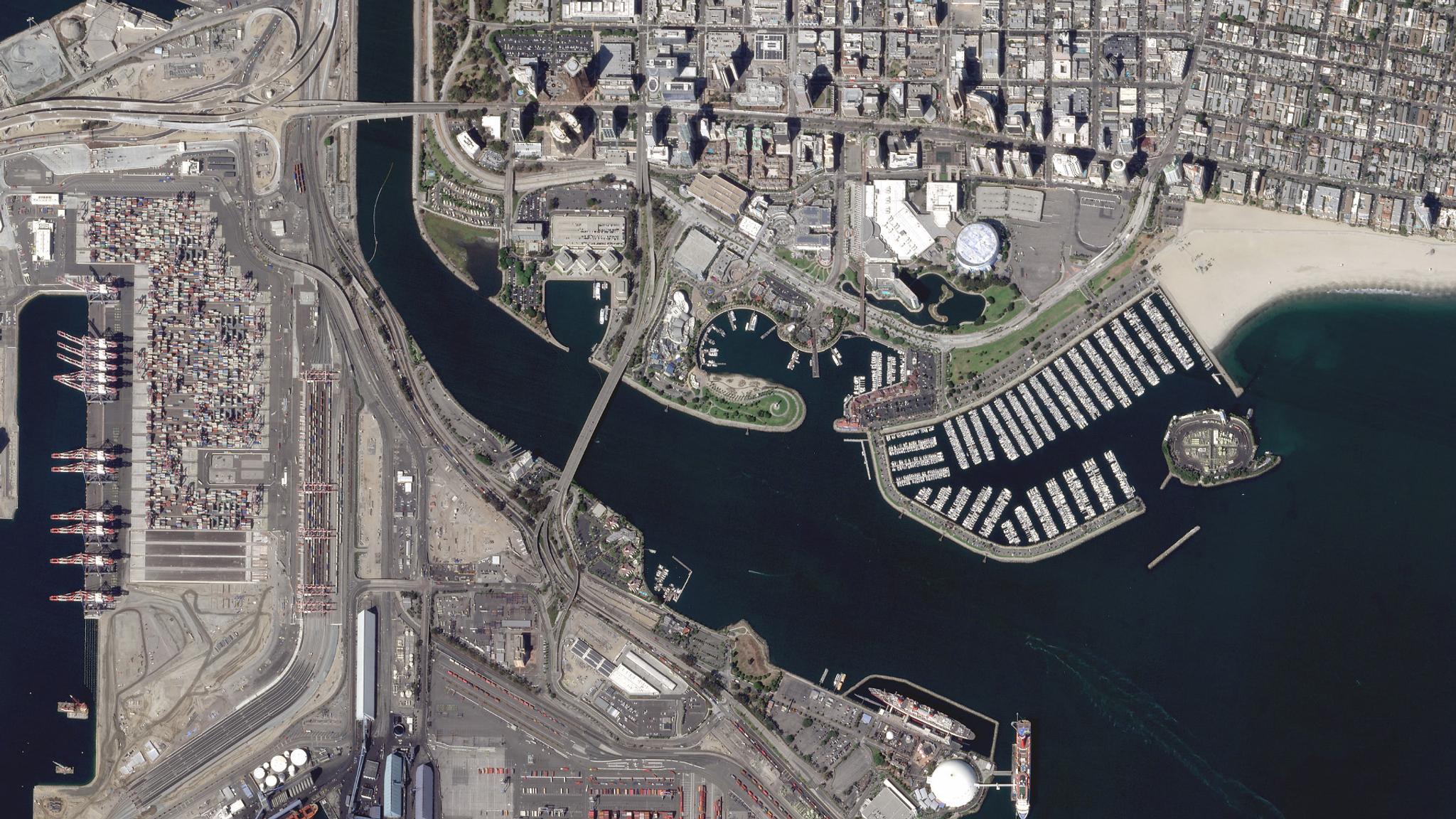State and Local Government Continue to Leverage Planet Data in 2020
State and local government officials are realizing the value that remote sensing data can provide for governance, and Planet has been generating strong civil government partnerships to support them. The New Mexico State Land Office (NMSLO), for example, utilized Planet data to address critical governance challenges, and will be presenting their Planet uses cases at the National States Geographic Information Council (NSGIC) conference this week. NMSLO used Planet’s data to monitor known active and inactive mines to see if trespassing or other violations were occurring. With the help of a Planet Explorer trial, they discovered five violations, resulting in $800,000 worth of fines. Due to the success of the initial trial, NMSLO contracted with Planet to get daily three meter resolution imagery for the Permian Basin, where they were able to locate both trespass violations and material releases. [caption id="attachment_144593" align="aligncenter" width="1800"]




Ready to Get Started
Connect with a member of our Sales team. We'll help you find the right products and pricing for your needs.


